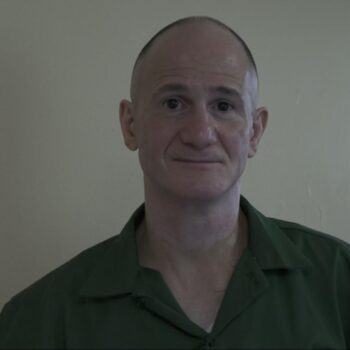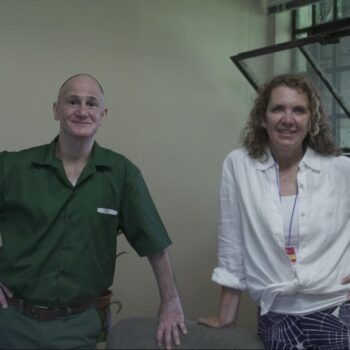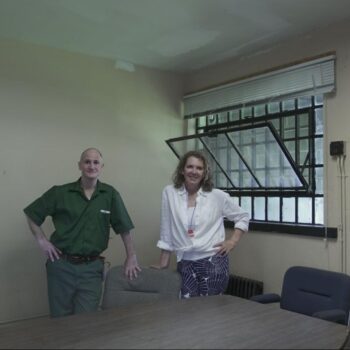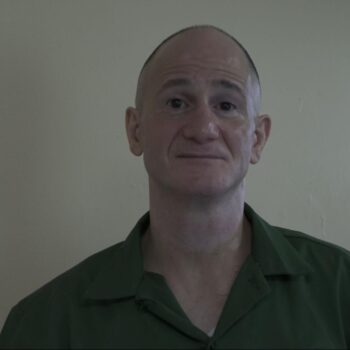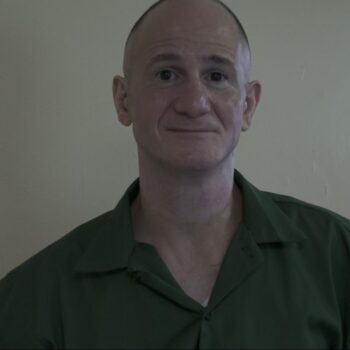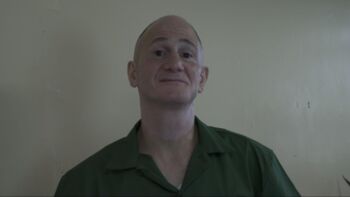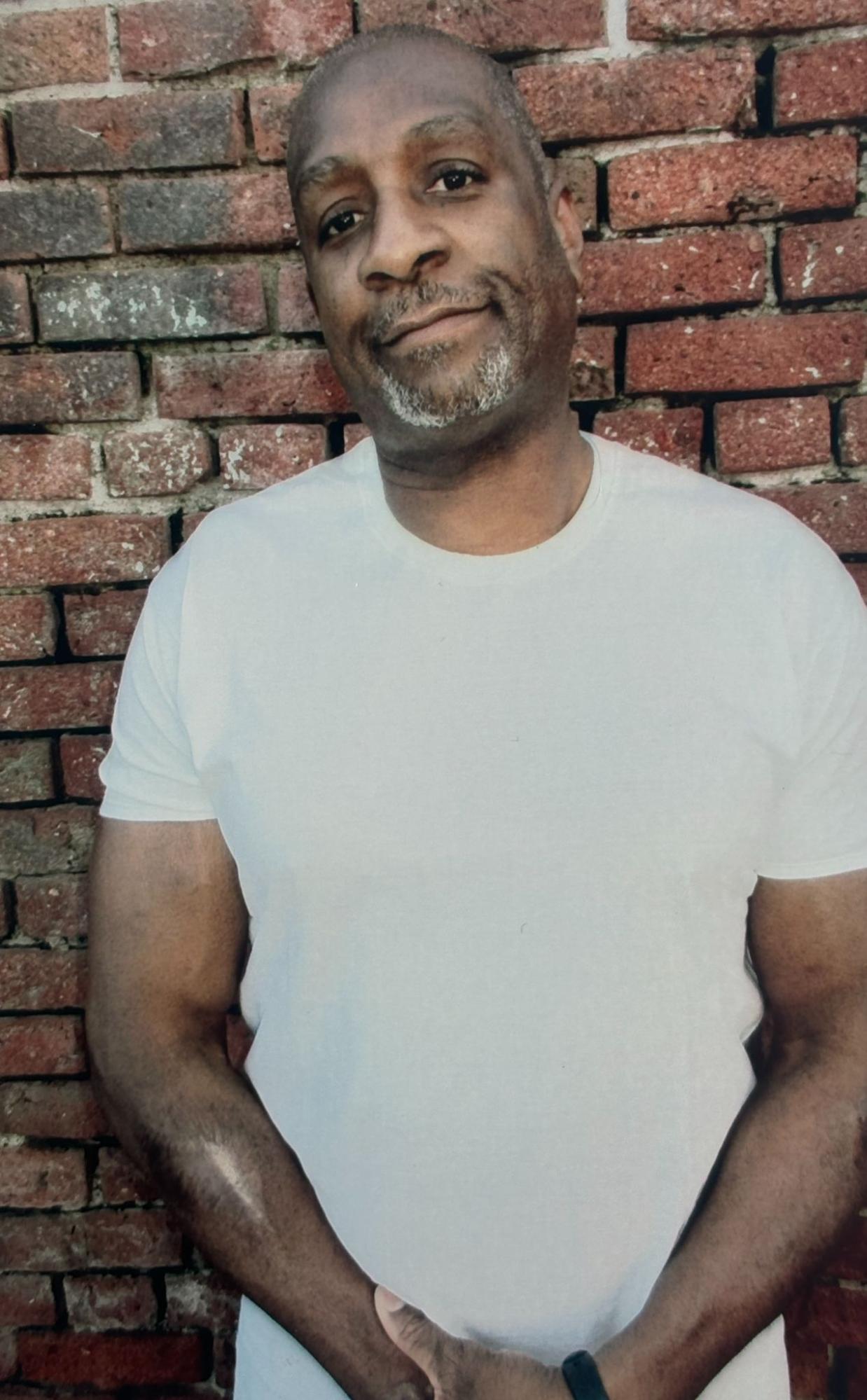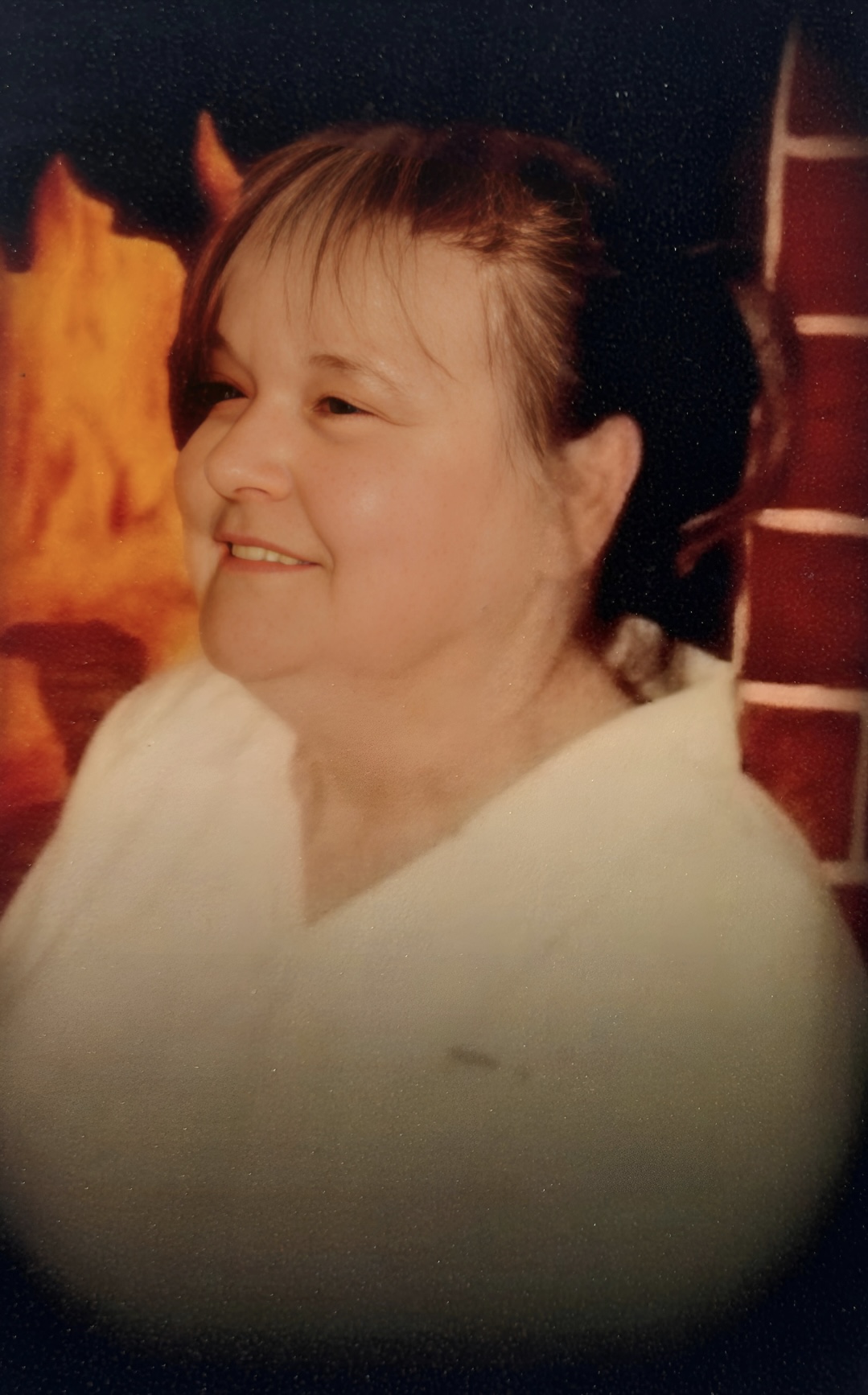I have learned how to manage my addiction, along with my depression. In the process, my self-esteem has slowly built up.
Eager to change my life, I have acknowledged that my drug addiction was one of the contributing factors that led to my incarceration thrice. With this in mind, I decided to attend the weekly Narcotics Anonymous (NA) meetings the facility offers. I have been to NA meetings before, but only attended because it was mandated by parole after testing positive for drugs. It was not something I really wanted to do. A refusal, however, would have resulted in a parole violation- and a return to prison for up to a year. Since I was forced to attend, I listened half-heartedly to stories of other addicts, never internalizing the message. My heart was not in it, I was not ready to stop using. I did not believe my addiction was going to escalate, nor was I going to commit crimes to support my habit and ultimately end up back in prison. I thought this time was different, and I was in control. That reasoning was my addiction speaking. HELLO!!! THERE ARE NO SUCCESSFUL DRUG ADDICTS!!!
Volunteering for NA meant I was doing it on my own accord…for ME! It turned out to be one of the best decisions I ever made! During one meeting, I heard the saying, “You have to change your people, places and things.” While I had heard this saying before, it did not hit home like it did that meeting. I felt a real sense of clarity about my sobriety. For the first time, I recognized the patterns I had engaged in before. They included the same negative people, the same negative places and the same negative things. It made perfect sense to remove myself from all of the things that could potentially be triggers or pathways to doing drugs. To this day, I can not allow any distractions or outside influences hinder me from accomplishing my goal. I must PUT IN THE WORK!
I began applying this outlook immediately. I graduated from friends and associates who were either using drugs, glorifying drugs, and soliciting drugs. This was not an easy thing to do. Some, quickly noticed, and questioned why I was purposely isolating myself from them. The only thing I could say, “It’s not you, I’m just going through some personal shit.” Over time, my conversations with them were in passing, minimal, and superficial. I no longer had anything in common with them. Soon, many stopped talking to me completely. Good riddance’s! I then stopped going to the yard as often as I had, except to call my mom once a week. Distancing myself from people, places, and things that were associated with drugs, negativity, criminality, and even gossip, felt foreign at first, but it was working! I began to find myself either alone or with people who were doing positive and constructive things like going to school. After awhile, I felt like my sobriety was not a fantasy, but finally real. I was, and still am, fully committed to staying sober while being mindful and constantly aware of things that could potentially trigger me to use drugs.
I have learned how to manage my addiction, along with my depression. In the process, my self-esteem has slowly built up. Although my mother sounded joyful to hear I was attending regular NA meetings, and I was serious about my sobriety, I think she was skeptical at first; a feeling she was justified to have. She had heard many empty promises, several times before. I couldn’t disappoint her again. She was the only one who was there for me during all of my bids and bull$#!+. I put this poor woman through hell. She did not deserve any of this! Nonetheless, she continued to support me on my journey.
In 2015, my 24 year old son, Joshua, graduated from the University of Houston. Words alone cannot express how proud his accomplishment made me. I was, however, stricken with guilt for not being there during his graduation and the biggest moments of his life. I had spent most of his life in prison. Although he never expressed it, I know he was deeply affected by my absence for most of his upbringing. Although he does not know it, he has played a major part in my transformation. I owe a lot to him. He told my mom he could not understand why I was not in college, especially since I was in a prison that offered college. How he knew this, was beyond me. I wondered if he intentionally planted this seed for me? That statement surprised me. I earned a GED in my younger years, but I never thought of myself as college material. I just couldn’t fathom how a person who was nearly 50 could finish college or benefit from it.
Some of the new people around me were college students and told me I was wrong and that I could do it. They said if I could stick with it and get my degree, it was almost certain I would not come back to prison. Statistically, the recidivism rate is less than 3% for people who leave prison with a college degree versus the state average of 45% of those who leave prison without one. The recidivism rate is even lower for individuals over the age of 50.
The following two years were challenging. I had not been to school in nearly 30 years. I could not enroll in college and excel in the work required without brushing up on some academics. I needed training in writing, english, math, history, critical thinking, research, to name a few. I needed to get in the habit of studying before I enrolled. First, I enrolled in the intensive year-long “Certificate in Ministries and Human Services Program” (CMP). The courses were college level work; strenuous and very difficult, with an absurd amount of dense reading. Then, there was of course writing, writing, and more writing, critical thinking, and contemplation of subjects I had never really spent time on. For me, there was no social life, no playing or sleeping in. It was a damn hard year, but I learned, and earned A’s in all my courses, and graduated with Honors.


